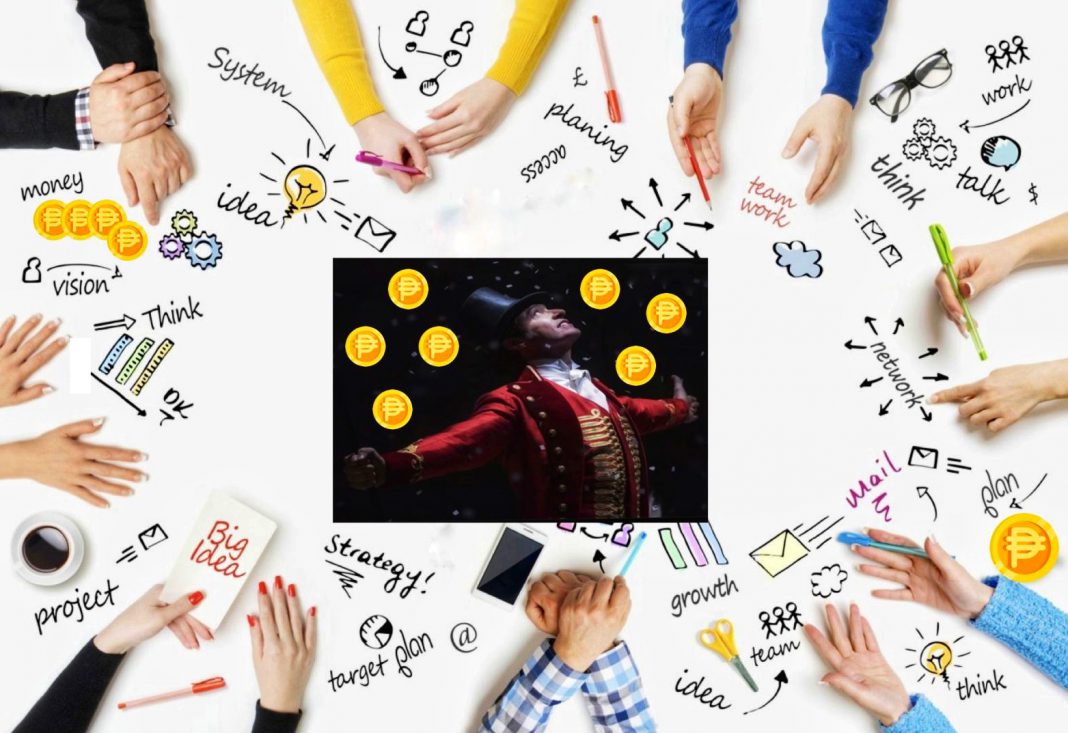By Alithea De Jesus
There is no denying that the pandemic prompted all the businesses to go digital and this is evident in the growing number of micro, small and medium enterprises (MSMEs) embarking on e-commerce using various social media platforms.
Given this reality, an economic expert claims that the entrepreneurs must acquire a combination of technical, cognitive and non-cognitive skills to thrive and succeed in the digital economy post-pandemic,
Rashesh Shrestha, an economist at the Economic Research Institute for ASEAN and East Asia (ERIA), in a recent webinar said entrepreneurs should be equipped with these three types of skill sets to operate successfully in the digital world.
Cognitive skills are thinking and reasoning skills necessary to do business optimization, data-driven decision-making, and management at a larger scale. Technical skills are skills related to the completion of a job or task such as operating a computer, machine, or specific tool.
But Rashesh also highlighted the growing importance for small entrepreneurs to acquire non-cognitive skills as businesses and consumers move to the digital marketplace.
Also often referred to as socio-emotional skills, non-cognitive skills cover behavior, attitude, and values that are needed to navigate interpersonal and social situations. They include skills such as establishing and maintaining relationships, problem-solving in social settings, adapting to changes in the economic landscape, exploring new ideas, guiding directing, and motivating others, or coaching and developing others.
“In the short term, one of the keys determining factors for the success of SMEs is going to be the skills of the entrepreneurs,” Shrestha said.
“Therefore, the MSMEs with high interpersonal skills can deal well with many customers coming from a much wider geographic location, handle their special requests, or address any problems with the orders,” he added.
Entrepreneurs that have non-cognitive skills will also be able to identify new market opportunities, provide better customer service, maintain good relationships with their suppliers and customers, and “they’ll be able to continuously learn and grow”
Rashesh said the best hope for SMEs in the digital economy is to have their skills gap reduced as much as possible. For existing businesses, the government could provide a “digital extension” service that will support SMEs’ transition to the digital world, particularly the online marketplace. Such services can help enhance the skills of entrepreneurs and improve their competitiveness.
In the longer term, the government must create a skills development system that will be necessary to ensure that increased digitalization does not widen the digital divide, he continued. “This means that public education systems need to be reformed to provide high quality cognitive, socioemotional, and technical skills that will enable SMEs to navigate the digital marketplace.”
Meanwhile, Lydia Ng, founder of Thinktechniq, a marketing and digital consultancy based in Singapore, stressed that entrepreneurs must develop not just specific skills but a “growth mindset.” Entrepreneurs should be encouraged to take up courses and upskill themselves and their workers.
Entrepreneurs should also learn how to increase their digital skills not as a consumer but as a producer, such as learning how to effectively use Facebook to reach out to a wider target audience, she said.
Ng also mentioned the importance of public policy to support business ecosystems, for example by providing monetary stimulus or by developing training programs for MSMEs.
For Meloney C. Lindberg, The Asia Foundation’s country representative in Cambodia shared how the NGO recently established the “Go Digital ASEAN,” a program funded by Google.org that provides digital skills training to thousands of MSMEs in ASEAN. She likewise urged governments to equip MSMEs with basic digital skills to promote inclusive development.
Read related stories:
https://thephilbiznews.com/diskartech-takes-digitalization-to-the-heart-embraces-national-qr-code-standard/
https://thephilbiznews.com/diskartech-sets-to-conquer-public-markets-captures-quezon-city-biggest-public-market/
https://thephilbiznews.com/online-business-registration-grows-significantly-growing-e-commerce-in-ph-seen/














